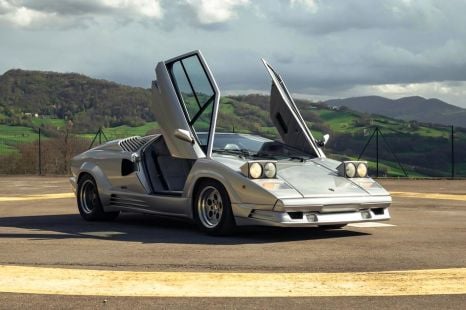

Anthony Crawford
1990 Lamborghini Countach review
5 Days Ago
Car companies have had to adapt to a quarantine crisis at Australia's ports that threatens to drag on for a while yet.

Senior Journalist
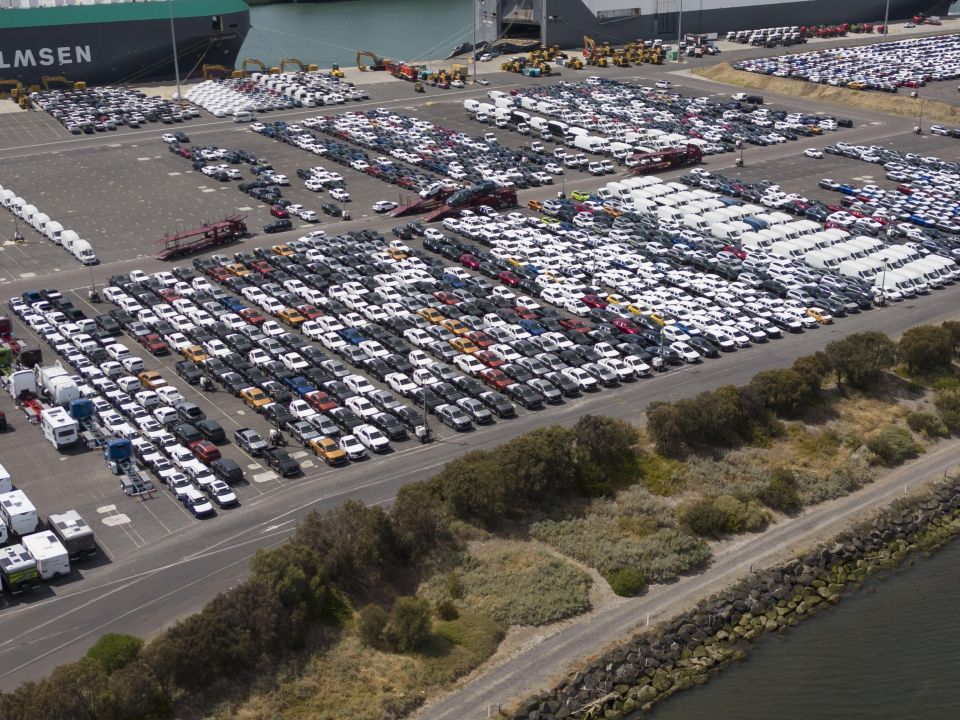

Senior Journalist
Thousands of cars are still delayed at Australian ports as a national quarantine crisis reaches its first anniversary.
New car buyers are still facing long delays on popular models, compounding the effect of the ongoing global shortage of chips, with no real relief in sight.
Some brands have changed their shipping routes in an attempt to find ports with a shorter waiting time and others are looking at special arrangements for the dedicated roll-on, roll-off car-carrier ships arriving in Australia.
“Generally speaking, quarantine delays have been longer in 2023 compared to prior years,” Ford Australia spokesperson Matt Moran told CarExpert.

“We don’t see this ending any time soon,” Kia Australia CEO Damien Meredith told CarExpert.
Frustrated buyers have been complaining about the situation since the final quarter of 2022 and the latest figures from the Federal Chamber of Automotive Industries reveal there is no end to the problem, despite a reduction in the number of cars involved.
Tracking the situation, and looking for solutions, has become an ongoing challenge for the peak body representing Australia’s automotive importers, the Federal Chamber of Automotive Industries. It reports there is still a significant backlog.
“Based on the most recent data, about 3000 vehicles in all terminals, and about 10 vessels waiting to berth. This changes daily,” FCAI spokesperson Peter Griffin told CarExpert.
“While the quarantine issues have abated overall, challenges can still arise.”
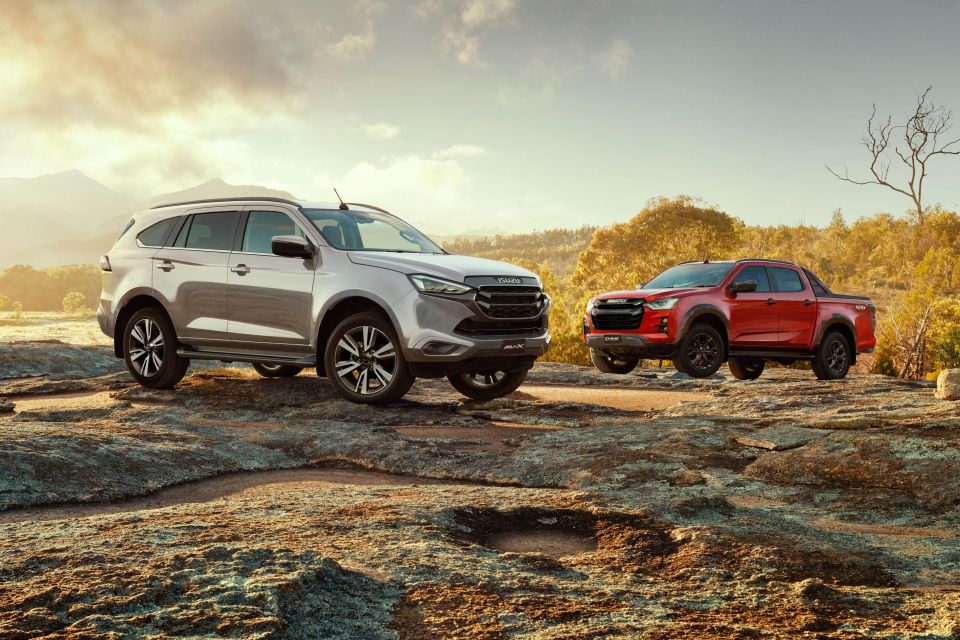
Individual car companies are affected in different ways, mostly based on the location of the factories where cars are made and stored – and their potential exposure to the seeds and leaves which are the greatest quarantine threat.
“Our major challenge is ensuring there is no seed contamination, which can attach to a vehicle at many different points after the product leaves final quality control at the factory,” said Mr Griffin.
“Industry will continue to take measures to ensure that there is no risk to the Australian environment.”
For Isuzu, which ships its popular D-Max and MU-X from Thailand, the biggest problem is the arrival port.
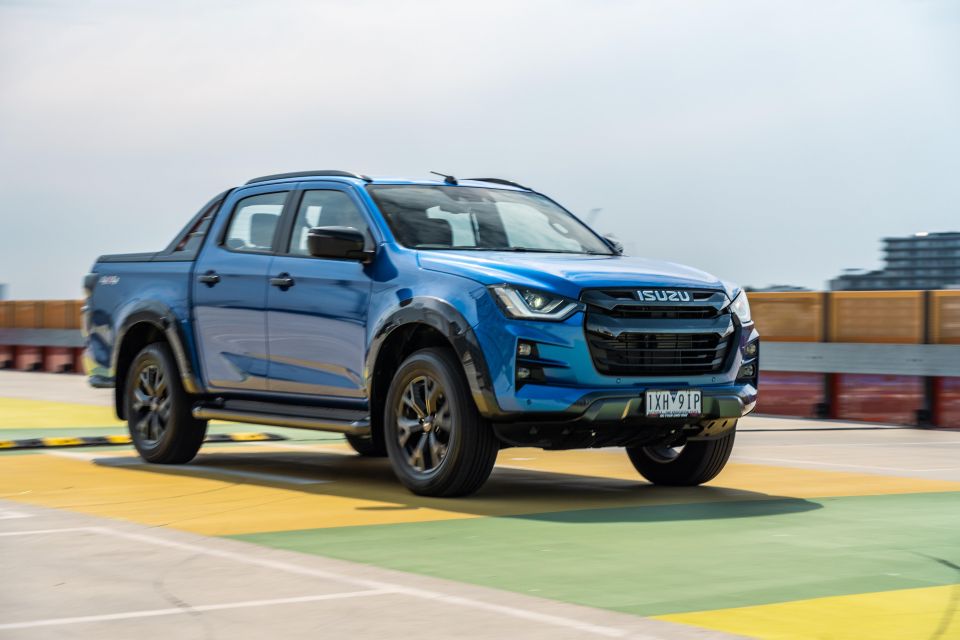
“It is unfortunate that the industry is working through increased delays as a result of quarantine and port congestion,” Isuzu Ute Australia spokesperson Mark Harman told CarExpert.
He reported a significant change to routing, hoping to give a better service and cut delays.
“We’ve opted to expedite their delivery by bringing the vehicle in through Port Kembla (Sydney), rather than joining the extensive queue at Port Melbourne.”
But Mr Harman said the change has created a knock-on problem.

“As it turns out, quite a few other OEMs (Original Equipment Manufacturers) are taking the same path and as a result there are some road transport congestion [issues] that we are working through,” he said.
“We do sincerely apologise for the delay and are doing everything in our power to deliver our customers’ vehicle orders as quickly as possible.”
Ford Australia, which is one of the largest shipping pipelines from Thailand to Australia for its top-selling Ranger and Everest, is also grappling with the quarantine challenge.
“Quarantine delays are a constantly moving target and challenge,” Ford Australia spokesperson Matt Moran told CarExpert.
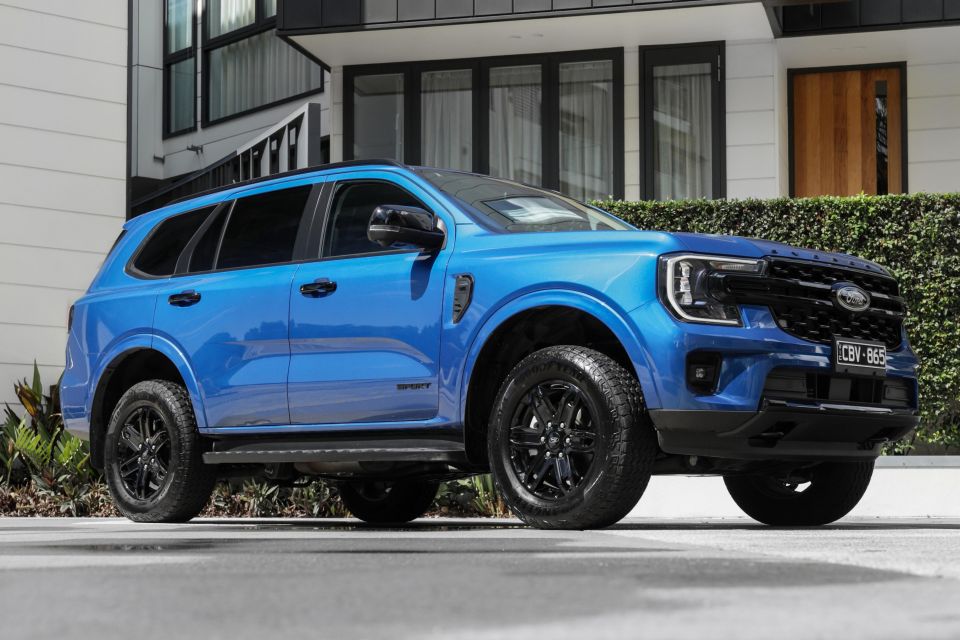
“Ford Rangers are unloaded at seven different ports around Australia – Townsville, Brisbane, Port Kembla, Melbourne, Adelaide, Darwin, and Fremantle.
“However, Ford has implemented additional stringent checks at our vehicles’ port of origin which has resulted in some improvements. For example, there are currently no Ford vehicles in quarantine at vehicle ports around the country.”
Apart from quarantine problems, Ford admitted the delivery times for its vehicles were still being affected by the global shortage of semiconductor chips.
“For Ranger, new orders of the Wildtrak Premium Pack are currently only available on the Wildtrak V6 variant. Meanwhile the Everest Touring Pack is only available on the Sport V6 variant,” he said.
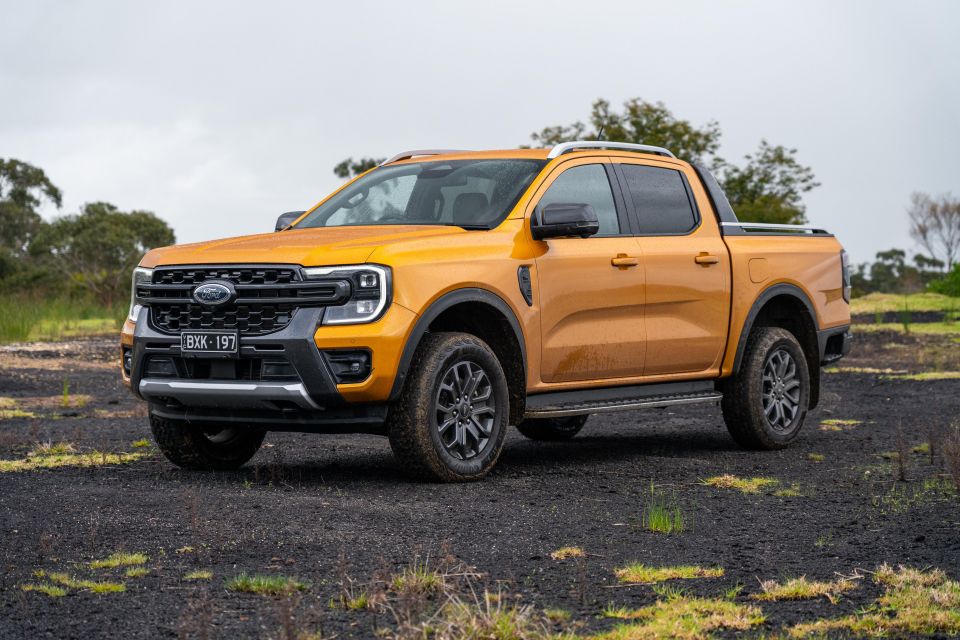
“A Ranger Wildtrak Bi-Turbo has an estimated delivery window of August – December if ordered today, while a Ranger Platinum order is expected to be delivered in Q4 (October-December) 2024.”
Mr Moran also reported continued efforts by the logistics team at Ford Australia.
“The challenge of delays to vehicle deliveries is ongoing and can come from a wide range of sources. Ford Australia is working to minimise the impact of these delays on customers,” he said.
For the FCAI, the quarantine work has been a major project for the past year.
“The Australian biosecurity controls have been in place for many years. Towards the end of the COVID period there were additional challenges that became evident offshore, and since early this year there have been additional directions for treatment,” Mr Griffin said.
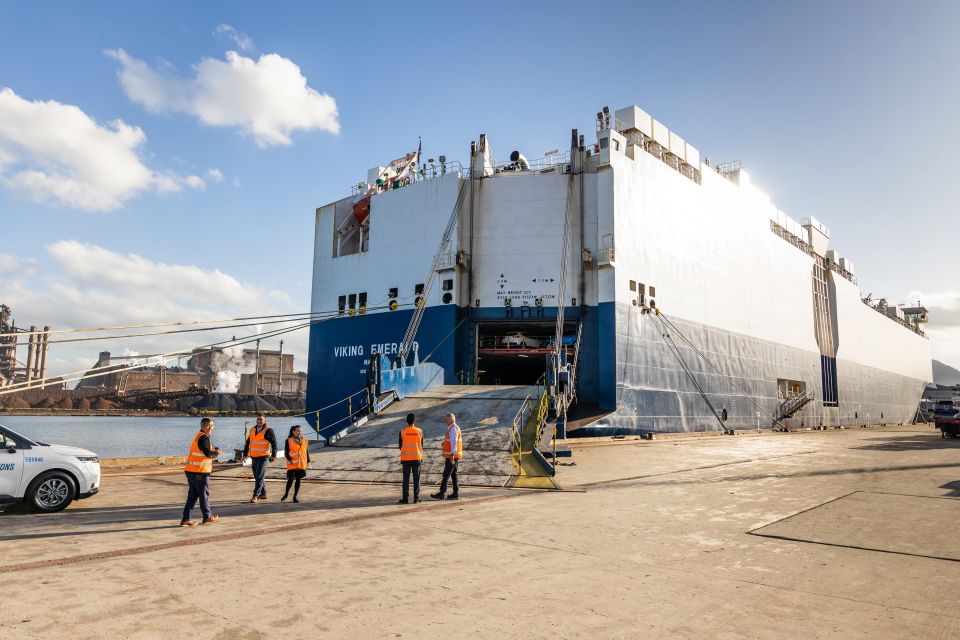
“Major focus is offshore, but also invested in activities onshore with the assistance of others in the supply chain. Visiting and educating suppliers about the strict quarantine requirements in Australia has been a major focus.”
Neither car companies nor the FCAI are prepared to predict a return to pre-COVID shipping times, but there is ongoing work to cut delays for buyers.
“Key point is around the ability to get the vehicles released from quarantine, and these are substantially less than they were,” said Mr Griffin.
“There are also other factors including shipping patterns that are creating some delays to the discharge of vessels. These delays are not necessarily quarantine-related.”
Paul Gover is one of the most experienced and respected motoring journalists in Australia. After more than 40 years on the automotive beat there is nothing he has not done, yet he still brings the enthusiasm of a rookie. He has worked in print, digital, radio, television and for every major publisher in the country. He is also a national motor racing champion and once co-drove with Peter Brock at Bathurst.


Anthony Crawford
5 Days Ago


Matt Campbell
4 Days Ago


James Wong
3 Days Ago


Max Davies
2 Days Ago
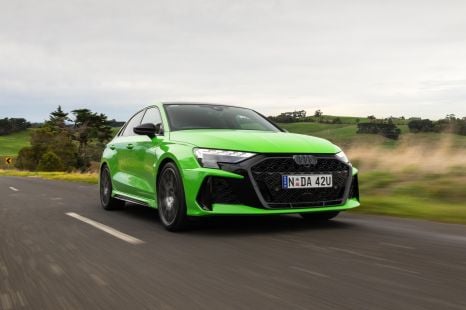

Josh Nevett
1 Day Ago
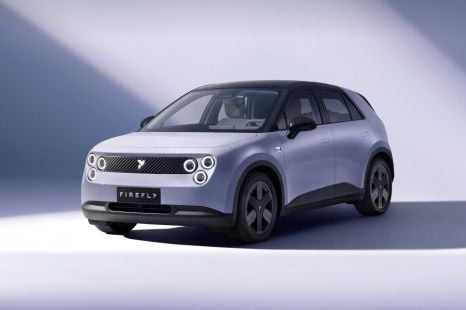

William Stopford
17 Hours Ago